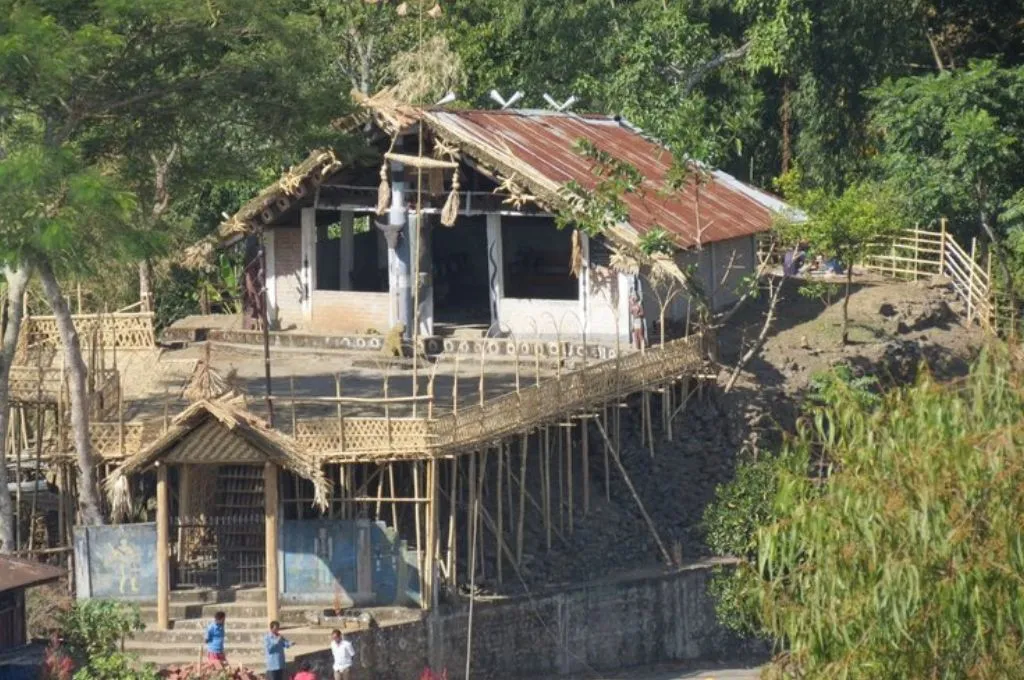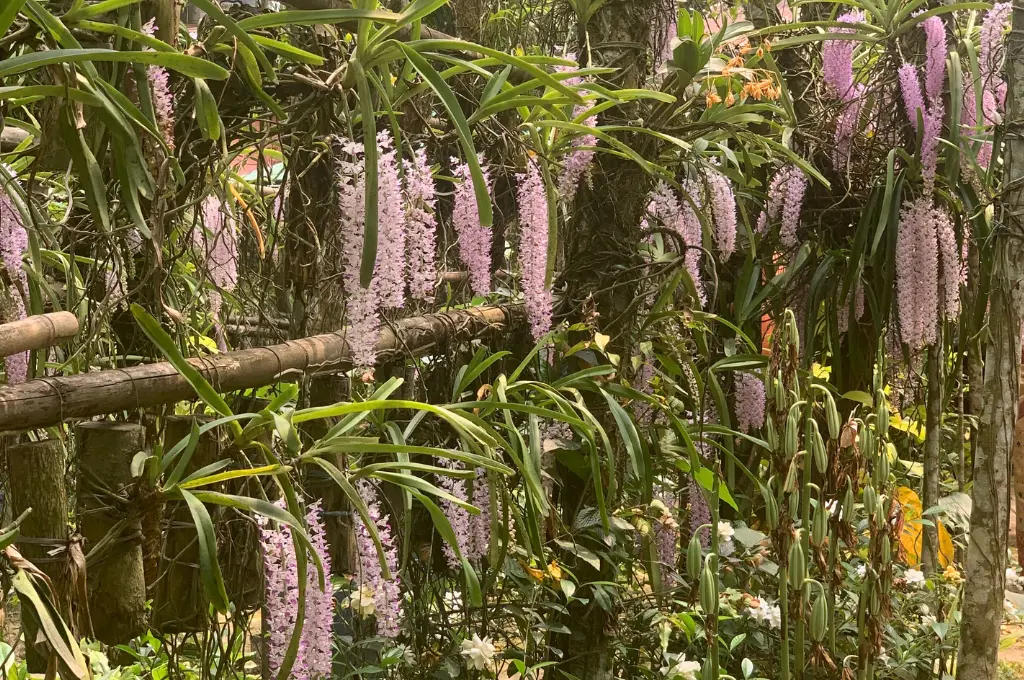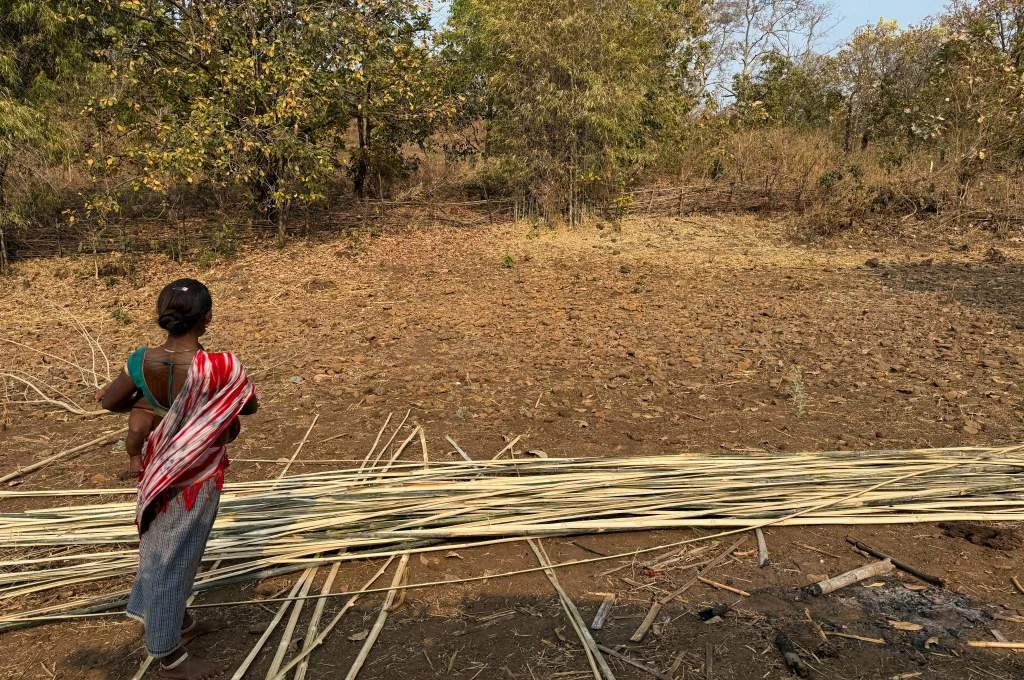Paddy vs mustard: Assam’s elephants decide
In December 2021 I visited Barpathar, a village in the Borabazar administrative block of Chirang district in Assam’s Bodo Tribal Autonomous Districts region, close to Manas National Park. I met some women who had formed a producer’s group of mustard growers in the village.
As I sipped the ginger-flavoured lal cha (red tea), I talked to the producer group members about their lives and livelihoods and asked them about their mustard crop. They said they had already sown it four weeks prior. I was quite surprised because it seemed too early for the field to be ready for any other crop after the paddy harvesting, which happens in December.
I asked Rajani Rai*, on whose verandah we were chatting, why did she do that so early? Was she able to harvest paddy before sowing mustard? When did she plant paddy and of which variety was it?
The women farmers looked at me in surprise and said, “Don’t you know that we don’t grow paddy?” What? No paddy in sali (kharif) season in Assam?
Then we learnt that the National Food Security Act, 2013, and cheap food supply through ration shops had given much relief to the people of the village. Food grains were now affordable, but the residents of the village had other problems that needed immediate attention.
The persistent and recurrent elephant raids by the herds in the Manas National Park had turned paddy cultivation into a problem. The farmers in the adjoining villages had to shift to non-paddy crops. The chief determinant of the crop to be grown was what the elephants would not want to eat. For whatever reasons, the elephants did not eat mustard plants, nor did they like turmeric. So, the farmers can grow both of these.
For quite some time now, the whole Barpathar village has been growing mustard, since it protects their income from loss due to elephant raids. Farmers in other villages along the Manas periphery have been doing the same thing. These villages have become big mustard growers now.
*Name changed to maintain confidentiality.
Yapi Kop is a development executive with Seven Sisters Development Assistance, Assam.
This is an edited excerpt of an article that was originally published on Village Square.
—
Know more: Learn how solar fencing is reducing human–elephant conflict.
Do more: Connect with Yapi Kop at yapi@sesta.org to learn more about and support her work.



